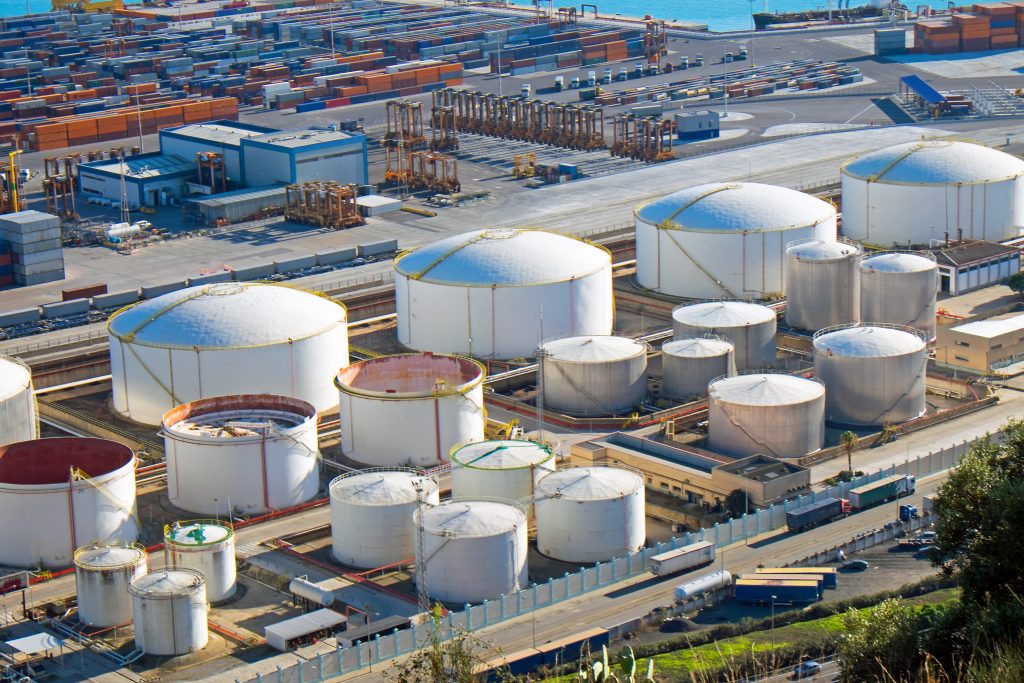With the arrival of the covid-19 pandemic, dozens of restrictive measures were needed to slow down the spread of the disease. Such measures impacted many businesses, especially offshore industrial plants, and forced them to adapt to a new scenario at the beginning of 2020.
Although the need for social isolation has forced many industries to find alternatives so that their employees could continue to perform their duties, we can say that the pandemic was only the accelerator of a transition that would naturally occur with digital transformation.

In fact, digital transformation was one of the great allies of industries in this pandemic period. With the implementation of technologies in processes and operations, seeking greater performance, industries were able to adapt and make their operations more flexible.
In the midst of such a delicate moment, the industries obtained through digital transformation tools the ability to better manage their operation, enabling the continuity of the operation through a hybrid model, with tools that generate:
- integration between teams
- activity management and scheduling
- better use of labor
The need for better use of labor can become in a few years a need no longer guided by the disease, but by the gains in performance and cost generated. To have an idea of the magnitude, we have the example of the offshores.
How did Offshore Installations deal with the COVID-19 crisis?
Offshores are platforms where there is great complexity in their operation. In addition to being gigantic installations, they involve great risk due to their environment and the process that involves the extraction of resources.
Such an installation requires that its operation remains continuous and flawless. For this, inspection routines are necessary in order to locate points that could compromise the plant.
This activity is then carried out by people who must go through the installation in search of these failure mechanisms. Despite seeming to be a simple task, these inspection routines can take 2 to 3 months to complete. The complexity of the installation requires that this activity be carried out in a thorough manner.

The way to automate this operation is precisely a team management system capable of generating greater performance within the plant. And, thanks to Digital Transformation, this is getting closer and closer to the reality of large operations.
The combination of:
- Digital Twins
- Artificial Intelligence
- IoT (Internet of Things)
It allows information to be extracted digitally.
The digitization of data from the operation allows the operator to have a diagnosis of the plant at hand. Based on this prognosis, the plant manager can focus his energies on the points that demand the greatest risk, while the algorithms and sensors perform the work of reading the integrity of assets.
Technology will always be a great ally of industries. The implementation of Digital Transformation is not about replacing human strength with machines, but about valuing human knowledge so that human-machine integration can generate results that have not been achieved before.
Digital Transformation is the main agent of this evolution. It was through it that industries were able, in a short period, to adapt to new needs and quickly find ways that would generate greater value to their operations.
Team management is just one of the many possibilities generated by digitization. For the future, we can only deduce that the resilience necessary to overcome crises, reaching goals considered impossible today, will be made through the combination of experience and technology.

